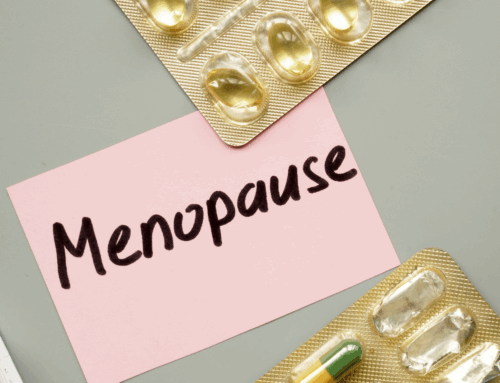Healthy Food Myths That Might Be Sabotaging Your Progress
Making healthier food choices is a powerful first step toward long-term wellness. Whether you’re managing your weight, improving your energy, or simply aiming to feel better each day, the food you eat matters. But here’s the catch: Not everything marketed as a “healthy” option actually supports your health goals. In fact, some popular choices may be holding you back.
Let’s take a closer look at some of the top “fake healthy foods”—and what to eat instead for smarter nutrition and sustainable weight loss.
1. Granola

Granola seems like a nutrient-packed choice, filled with oats, nuts, and fruit. But most store-bought brands are loaded with added sugars and oils, turning this so-called healthy breakfast into a blood sugar bomb. A typical half-cup serving can contain 200–300 calories and more sugar than a candy bar.
Better option: Choose unsweetened granola or make your own with oats, nuts, seeds, and just a touch of honey. Portion control is key—stick to ¼ to ⅓ cup.
2. Flavored Yogurt

Yogurt has long been hailed as a gut-healthy, high-protein snack. But flavored yogurts (even the ones labeled low-fat or organic) often contain 15–20 grams of added sugar. Some also include artificial sweeteners, which may increase cravings.
Better option: Go for plain, unsweetened Greek yogurt and add your own toppings like fresh berries, chia seeds, nuts or cinnamon for natural sweetness.
3. Veggie Chips

Think veggie chips are a healthy alternative to regular potato chips? Think again. Most are made with vegetable powders, not whole vegetables, and are often fried in oils. Typically they contain trace amounts of vegetables and the main ingredients are often potatoes like your typical chips.
Better option: Crunch on real veggies like carrots, bell pepper strips, or cucumbers with hummus or guacamole for flavor and fiber.
4. Gluten Free Snacks

For people with celiac disease or gluten sensitivities, gluten free snacks can be a great alternative, but do not assume that just because a product is labeled gluten free that it is healthy. Many processed gluten free snacks contain just as many or more calories, unhealthy fats, and added sugar as their gluten containing counterparts. Processed foods with gluten or without can both be detrimental to creating a healthy diet.
Better option: Stick to whole food snacks such as string cheese, cottage cheese, veggies, fruit and nuts. Many healthy foods are naturally gluten free.
5. Protein Bars

Many protein bars boast muscle recovery benefits, but in reality, they’re often glorified candy bars. They can contain 20+ ingredients, including processed sugar, sugar alcohols, and fillers that upset digestion.
Better option: Look for bars with short ingredient lists, no artificial sweeteners, and at least 10g of protein. Better yet, grab a hard-boiled egg and a piece of fruit for a whole food alternative.
Why It Matters
Understanding weight loss nutrition isn’t just about reading labels—it’s about seeing through clever marketing. Terms like “gluten-free,” “natural,” or “heart-healthy” don’t always mean what you think they do. And for individuals managing obesity, insulin resistance, or metabolic health, those misleading claims can set you back.

At Maryland Weight Care, we take a science-based approach to obesity care, helping patients cut through the noise and make nutrition choices that truly support their goals. From realistic meal planning to blood sugar-friendly snacks, we’re here to help you feel confident in the kitchen and the grocery aisle.
Ready to take the guesswork out of healthy eating?
Schedule your free consultation today with Dr. Parisi at mdweightcare.com/free-consultation and let’s create a plan built around your life, your goals, and your health.





